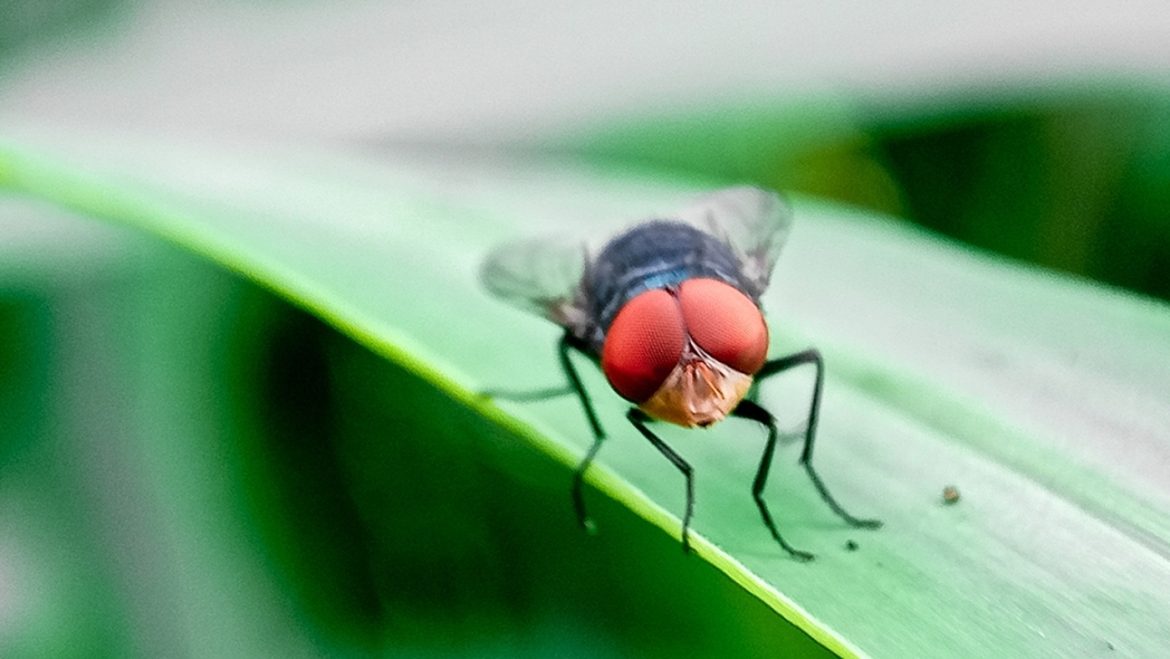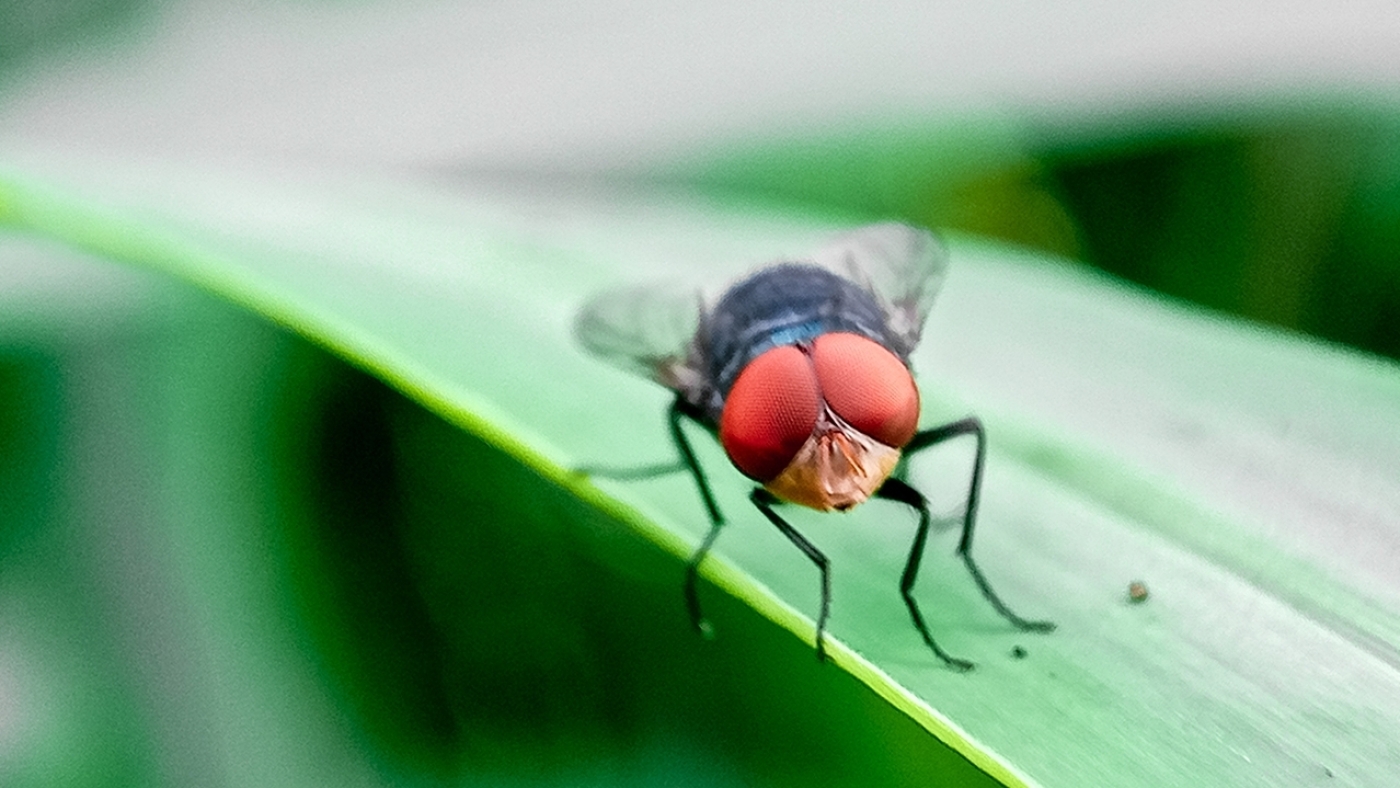The Screwworm Threat: A Comprehensive Analysis
Understanding the Screwworm Threat
The New World screwworm (Cochliomyia hominivorax) is a parasitic fly whose larvae, known as maggots, feed on the live flesh of warm-blooded animals. This parasite poses a significant threat to livestock and wildlife, particularly cattle. The screwworm’s ability to infest and kill its hosts if left untreated makes it a formidable adversary in the agricultural sector. The parasite has been spreading across Central America, moving through countries like Nicaragua, Honduras, Guatemala, El Salvador, Belize, and most recently, Mexico. The first case in Mexico was reported in November 2024, prompting an immediate response from the United States.
The USDA’s Response
The United States Department of Agriculture (USDA) has taken decisive action to protect its livestock industry from the screwworm threat. In response to the detection of the parasite in Mexico, the USDA’s Animal and Plant Health Inspection Service (APHIS) has temporarily paused Mexican cattle imports. This suspension includes live cattle, horses, and bison, with the primary goal of preventing the spread of the screwworm into the United States. The USDA’s chief veterinary officer has stated that they do not expect to resume Mexican cattle imports before the holidays, indicating the seriousness of the situation.
Economic and Agricultural Implications
The suspension of Mexican cattle imports has significant economic implications, particularly for states like Texas, which have a substantial livestock industry. Texas Agriculture Commissioner Sid Miller and many ranchers have expressed concerns about the economic impact of the ban on beef producers and consumers. The halt in imports has led to increased feeder cattle futures, reflecting the market’s reaction to the potential disruption in supply.
The Impact on Louisiana
Louisiana, with its robust agricultural sector, is also feeling the ripple effects of the import ban. The state’s cattle industry, which relies heavily on trade with Mexico, is facing uncertainties. The ban not only affects the supply chain but also raises concerns about the potential spread of the screwworm within the state. Louisiana’s farmers and ranchers are on high alert, implementing strict biosecurity measures to protect their herds. The state’s agricultural authorities are working closely with federal agencies to monitor the situation and ensure that any signs of the screwworm are promptly addressed.
Public Health and Consumer Safety
The screwworm threat extends beyond agricultural concerns to public health and consumer safety. The USDA’s actions are aimed at protecting both consumers from flesh-eating parasites and supporting local ranchers. The department has warned Mexico that the U.S. will cease imports of live animals unless Mexico steps up efforts to combat the pest. This move underscores the U.S.’s commitment to safeguarding its livestock industry and ensuring the safety of its food supply.
The Road to Recovery
The USDA’s suspension of Mexican cattle imports is a temporary measure aimed at containing the screwworm threat. The agency is working closely with Mexican authorities to implement measures that will allow for the resumption of trade under new protocols. Recent developments indicate that the U.S. will permit Mexican cattle imports to resume after signing memorandums to lift the temporary suspension. This collaborative effort between the two countries aims to balance trade needs with the imperative of controlling the screwworm.
Conclusion: A Call to Vigilance
The screwworm threat serves as a stark reminder of the interconnectedness of global agriculture and the need for vigilant biosecurity measures. The USDA’s actions, while disruptive, are a necessary precaution to protect the nation’s livestock industry and public health. As the situation evolves, continued collaboration between the U.S. and Mexico, along with stringent biosecurity protocols, will be crucial in mitigating the risks posed by the New World screwworm. The resumption of trade under new protocols offers a glimmer of hope, but the journey to recovery will require sustained effort and vigilance from all stakeholders.


